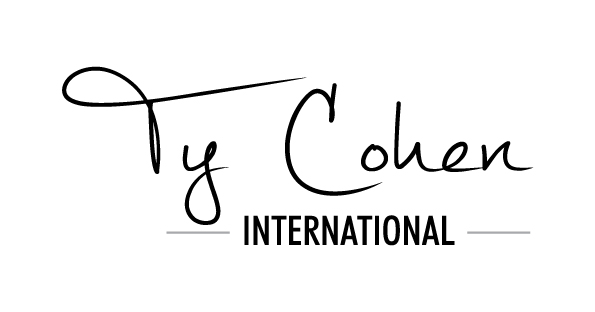blog, Recent Blog Posts Home
Fake Amazon Reviews – Here’s What You Need To Know
When it comes to getting reviews for your books on Amazon, it can sometimes feel like pulling teeth. We reach out to bloggers, to our mailing list, we encourage our nearest and dearest to buy our books, but still, the reviews don’t come pouring in.
We all know how important word of mouth is. However, while it can be frustrating to see that no one is leaving you reviews, resorting to buying fake ones is a really bad idea.
In the earlier days of Amazon, there were basically no restrictions on reviewing. So it meant that anyone could create fake buyer accounts and then leave reviews for products they hadn’t even bought.
However, in recent years, Amazon has continued to tighten its restrictions on who can leave reviews on the site.
This is generally good news for consumers, as what’s the point of having the reviews at all if you can’t trust them? People want to be able to read reviews to help ascertain whether the product is both good quality and right for them.
For writers, good reviews can have a huge impact on their book sales. A series of positive reviews from verified purchasers of your book signals to other potential readers that your story is one that’s worth reading.
So what’s the lowdown with getting reviews now?
Amazon has continued to allow anyone to review any product, they will add a ‘verified purchase’ note next to those they can track have bought the product through their site, but for book bloggers and other reviewers you reach out to with a copy of your book, they can simply log into Amazon and review your book without having to buy it. This is good news as it means if you are willing to work hard at gathering book reviews from different sources, you can still have these displayed via Amazon.
Some authors find the new restrictions on Amazon reviews somewhat disheartening. It is true that Amazon can trace those who might be connected to you. For example, if you use the same IP address or are connected via social media and will delete or prohibit any reviews from those who they deem might just be doing you a favor. It can feel harsh if your friends and family really did love your book. However, it does level the playing field a bit. If Amazon believes there is a relationship between reviewer and publisher, the review won’t stand.
Some authors resort to buying reviews. This is where an author essentially pays strangers to post reviews of their book without actually getting them to read it or give an honest opinion. Amazon has also clamped down on this and sued some websites connected with the buying and selling of fake reviews such as Fiverr.
Amazon has also tried to stop just anyone leaving a review by introducing a $50 purchase requirement (per year and in the local store i.e. amazon.co.uk for the UK, amazon.ca for Canada, and so on) before a member is able to leave reviews. This stops those who have no interest in buying Amazon products from just coming on to leave reviews in exchange for money, but of course, a lot of people will have spent that much regardless.
Amazon has also introduced a limit to how many non AVP (Amazon Verified Purchase) reviews can be left on a single product.
In conclusion, Amazon is protecting their customers who need to be able to rely on reviews to make purchasing decisions. This makes it harder for authors to get reviews and it can be that some honest authors and reviewers get put at a disadvantage because of this. It could be that Amazon gets even harsher in the future so the best advice is to keep genuinely trying to promote your book and gather reviews from happy customers – if you do this you can’t go too far wrong!
To Discover The Easy Blueprint to Creating A Monthly Passive Income Stream Using Amazon.com, (In 60 Days or Less) with Near-Zero Up-Front Investment Visit http://www.kindlecashflow.com/3steps”

